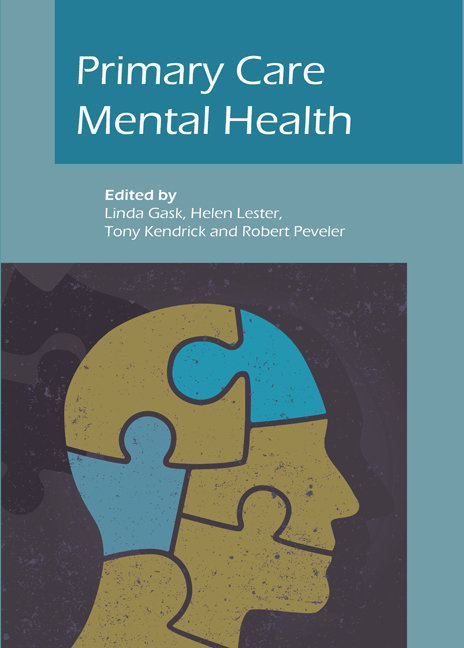Part IV - Reflective practice
Summary
The concept of the reflective practitioner was introduced by the educationalist Donald Schön in the 1980s in his book The Reflective Practitioner (1983). Reflective practice can be defined in a number of different ways, but all the definitions encapsulate a range of activities associated with both learning and thinking about the process of learning. Essentially, it is a continuous process from a personal perspective, informed by considering critical life experiences. As defined by Schön, reflective practice involves thoughtfully considering one's own experiences in applying knowledge to practice while being coached by professionals in the discipline.
This fits well with developments in undergraduate medical education that rely on ‘problem-based learning’ and are facilitated by self and peer assessment in conjunction with formal assessment processes. In problem-based learning, which over the past quarter century (Barrows, 1983) has evolved into the standard approach to undergraduate education in medical schools across the world, students collaborate to study the issues inherent in even the simplest of problems and strive to create viable solutions. Unlike traditional instruction, which is often conducted in lecture format, teaching in problem-based learning normally occurs within small discussion groups of students facilitated by a faculty tutor. However, traditional postgraduate medical education has somewhat lagged behind these developments and has not actively encouraged or formalised reflective learning from practice.
In the UK, this is changing with the advent of the National Health Service appraisal system and the development, by the Royal Colleges, of portfolios of learning and progress in training. This is now being taken forward into revalidation processes in the recertification subsection proposed by the Chief Medical Officer for England and to be delivered throughout the UK. However, numerous challenges are faced in developing a truly reflective practice of teaching and learning.
The following chapters consider alternative approaches to the traditional format of postgraduate education: the lunchtime lecture. Two contrasting chapters consider the practical problems faced by practitioners as they attempt to bring together the two worlds of evidence-based practice and patient-centred care (Bensing, 2000). Last, but far from least, mental health is related to both the workload and the everyday working life of the practitioner.
- Type
- Chapter
- Information
- Primary Care Mental Health , pp. 421 - 422Publisher: Royal College of PsychiatristsFirst published in: 2017



